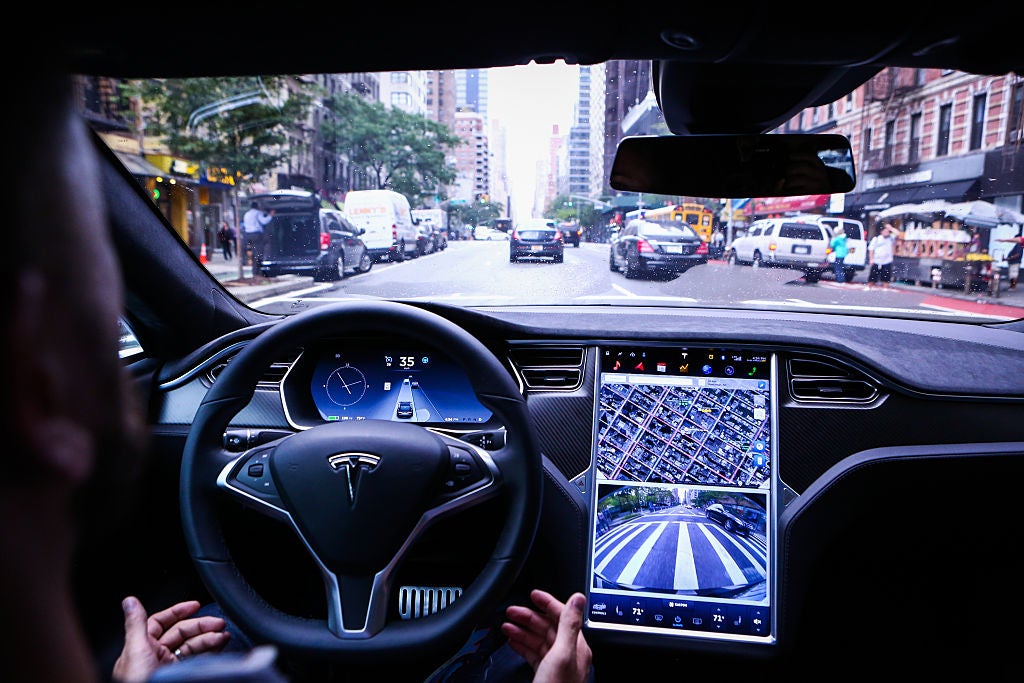
The leading US auto-safety regulator is investigating whether Tesla’s recall of more than two million vehicles to install new Autopilot safeguards was adequate.
The latest probe by the NHTSA comes after the regulator closed a three-year probe reviewing Tesla’s autopilot system’s crashes, 13 of which were found to be fatal.

Access deeper industry intelligence
Experience unmatched clarity with a single platform that combines unique data, AI, and human expertise.
The NHTSA said the new probe was launched after the agency highlighted several crash events after Tesla’s December recall and “results from preliminary NHTSA tests of remedied vehicles”.
Tesla has issued software updates to address issues but has not made them “a part of the recall or otherwise determined to remedy a defect that poses an unreasonable safety risk”, the agency said.
In December, Tesla said its Autopilot software controls “may not be sufficient to prevent driver misuse”.
The NHTSA added on Friday that Tesla’s Autopilot label could lead drivers to “believe that the automation has greater capabilities than it does and invite drivers to overly trust the automation”.

US Tariffs are shifting - will you react or anticipate?
Don’t let policy changes catch you off guard. Stay proactive with real-time data and expert analysis.
By GlobalDataTesla announced on Saturday (20 April) that it had cut the price of its Full Self-Driving driver assistant software from $12,000 to $8,000 in the US.
The move comes as CEO Elon Musk reaffirmed his commitment to making self-driving technology a significant revenue source for the company.
In March, Musk announced that Tesla would unveil its new robotaxi on 8 August, following a Reuters report that the company had cancelled its mass-market car to make way for the robotaxi release.
Musk has been working on achieving fully autonomous driving for years, but the technology has consistently faced legal concerns.







